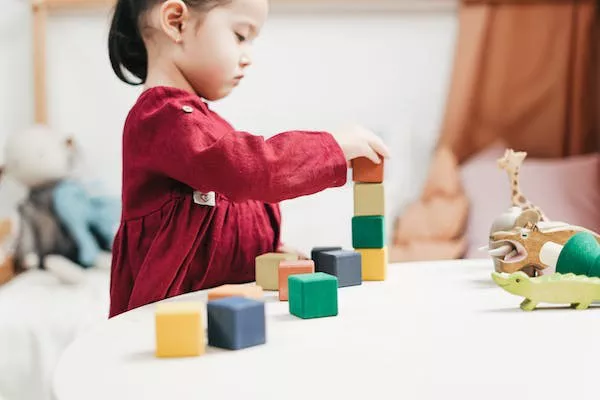In the dynamic landscape of early childhood development, fostering robust social and emotional skills lays the foundation for a child’s future success. As parents, educators, and caregivers, understanding the intricacies of social and emotional development is paramount. This article delves into the key aspects of nurturing emotional intelligence and social skills in young children, providing insights and actionable tips for optimal development.
1. The Crucial Role of Emotional Intelligence in Early Childhood
Emotional intelligence (EI) plays a pivotal role in a child’s overall well-being and success later in life. Research indicates that children with well-developed emotional intelligence tend to excel academically, have stronger interpersonal relationships, and are better equipped to handle life’s challenges.
Subitem 1.1: Defining Emotional Intelligence in Early Childhood
Understanding emotional intelligence involves recognizing and managing one’s own emotions, as well as empathizing with others. In the early years, children begin to grasp the concept of emotions and develop the ability to express themselves.
Subitem 1.2: Impact on Cognitive Development
Studies show a direct correlation between emotional intelligence and cognitive development. Children who can regulate their emotions effectively demonstrate improved cognitive abilities, problem-solving skills, and a higher capacity for learning.
Subitem 1.3: Fostering Emotional Intelligence at Home and in School
Parents and educators can nurture emotional intelligence by creating a supportive environment that encourages open communication, active listening, and the validation of a child’s feelings. Incorporating activities that promote emotional awareness, such as storytelling and role-playing, can further enhance these skills.
2. The Building Blocks of Social Skills in Early Childhood
Social skills are the cornerstone of successful interactions and relationships. Early childhood is a critical period for the development of these skills, which encompass communication, cooperation, and conflict resolution.
Subitem 2.1: Communication Skills in Early Childhood
Effective communication is fundamental to social development. Encouraging children to express themselves verbally, use non-verbal cues, and actively listen to others cultivates strong communication skills. Research underscores the positive impact of early language development on overall social competence.
Subitem 2.2: The Role of Play in Social Development
Play is not just a pastime; it’s a powerful tool for social development. Engaging in various forms of play, such as collaborative games and imaginative play, helps children learn to navigate social dynamics, share, and take turns.
Subitem 2.3: Teaching Empathy and Perspective-Taking
Empathy is a foundational social skill that fosters meaningful connections. Parents and educators can instill empathy by modeling compassionate behavior and encouraging children to consider others’ feelings and perspectives. This not only strengthens social bonds but also contributes to the development of a child’s moral compass.
3. Recognizing and Nurturing Individual Differences in Development
Each child is unique, and their social and emotional development unfolds at its own pace. Recognizing and respecting individual differences is crucial for providing tailored support.
Subitem 3.1: Understanding Developmental Milestones
Familiarizing oneself with typical developmental milestones helps parents and educators gauge a child’s progress. However, it’s essential to remember that there is a wide range of normal development, and variations among children are natural.
Subitem 3.2: Adapting Strategies for Diverse Learning Styles
Tailoring teaching and parenting strategies to accommodate diverse learning styles ensures that each child receives the support they need. Some children may excel in group settings, while others thrive in more individualized environments.
Subitem 3.3: The Role of Positive Reinforcement
Positive reinforcement is a powerful tool in promoting desired behaviors. Whether at home or in the classroom, acknowledging and rewarding positive social and emotional behaviors encourages children to continue developing these skills.
In conclusion, the journey of social and emotional development in early childhood is a dynamic and multifaceted process. By understanding the significance of emotional intelligence, building strong social skills, and recognizing individual differences, parents and educators can empower children to navigate the complexities of the social and emotional landscape, setting the stage for a bright and fulfilling future.


